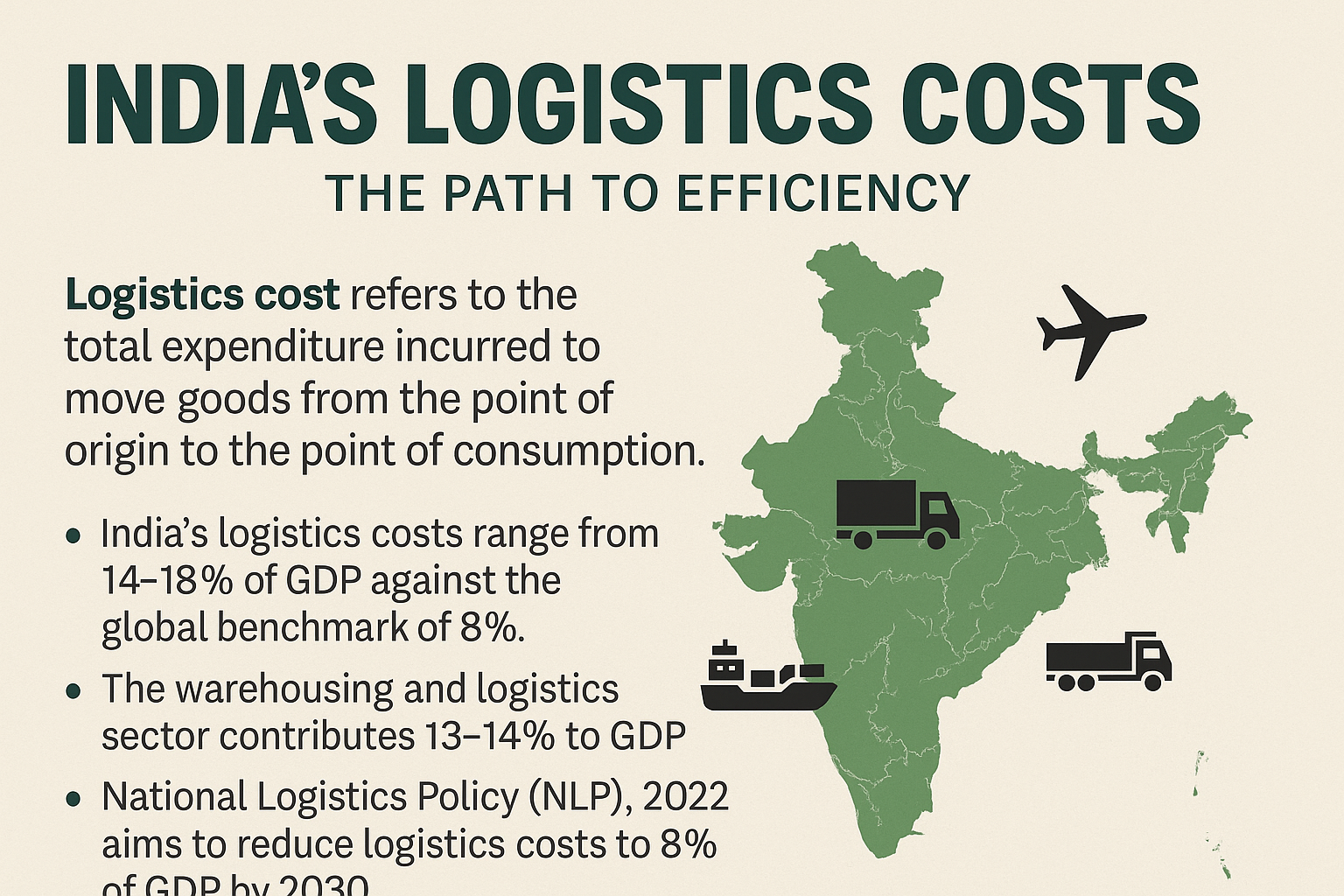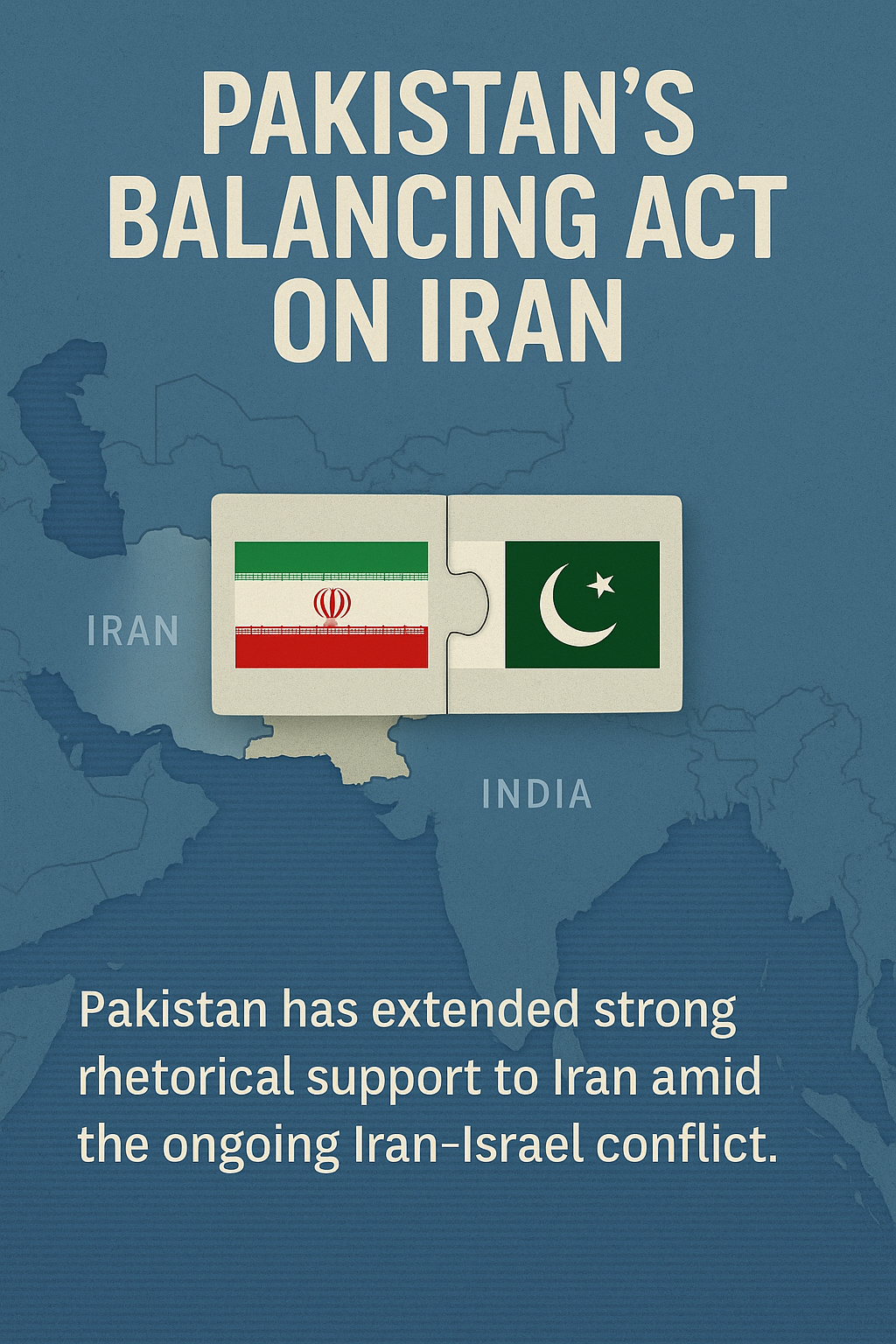227.
🌾 Agriculture & Global Trade Policy
🚜 Farmers vs WTO – Protests Intensify Over Trade Rules and Food Security in India
Farmers across India—particularly in Punjab—have intensified protests against World Trade Organization (WTO) policies, arguing that current global trade rules undermine their livelihoods and jeopardize food security.
What began as a call for legal guarantees on Minimum Support Price (MSP) has now expanded into a larger demand for India’s withdrawal from the WTO.
📣 Farmers’ Key Demands
- Legalise MSP: Ensure guaranteed prices for all major crops
- Withdraw from WTO: Protesters argue WTO rules are biased against developing nations
- Protect small farmers: Call for safeguards against unfair global competition and subsidy restrictions
The protests reflect deepening rural distress and skepticism of global trade norms.
🛑 Impact of WTO Policies on Food Security
- WTO limits agricultural subsidies and public procurement levels
- Threatens India’s Public Distribution System (PDS):
- A critical system that ensures affordable food for millions
- Farmers fear loss of sovereign control over domestic food and farm policy
Critics argue that trade rules should not come at the cost of hunger or farmer dignity.
💰 What is Minimum Support Price (MSP)?
- A government-declared price floor for certain crops
- Currently capped at 10% of production value under WTO rules
- Farmers say:
- MSP doesn’t adjust for inflation
- Makes them vulnerable to market volatility
Legal backing for MSP has become a symbol of economic stability and fair income for rural India.
📜 WTO’s Agreement on Agriculture (AoA)
- Goal: Reduce global agricultural subsidies
- Criticism:
- Seen as favoring developed nations with deep pockets
- Restricts domestic support programs in developing economies
- India’s concern: AoA limits policy flexibility to support its large agrarian population
🌐 About the WTO
- Founded: 1995
- Members: 164 countries
- Focus: Trade in goods, services, and intellectual property
- Key structures:
- Ministerial Conference (top decision-making body)
- General Council
WTO has been criticised for lack of transparency and slow reform, especially by the Global South.
🌱 Why Small Farmers Are Concerned
- 86% of Indian farmers are small and marginal
- Face low access to technology, credit, and global markets
- Global trade liberalization exposes them to:
- Unfair competition
- Price crashes
- Erosion of traditional farming systems
The protests highlight how trade policy intersects with social justice in rural India.
🇮🇳 India’s Position at the WTO
- Advocates for:
- Permanent solution for public stockholding of food grains
- Protection for geographical indications (GIs) of farm products
- Opposes:
- Inclusion of non-trade issues like gender and labor in WTO talks
- Seeks flexibility to protect vulnerable farming communities
India has emerged as a key voice for developing countries in WTO negotiations.
🔮 The Future of the WTO – In Need of Reform
- Criticism:
- Decision-making deadlocks
- Unequal power dynamics
- Reform suggestions:
- Move toward plurilateral agreements (smaller groups of like-minded countries)
- Address emerging trade issues more flexibly
🕯️ As global trade evolves, the question remains: can it serve both economies and the people who grow their food?















